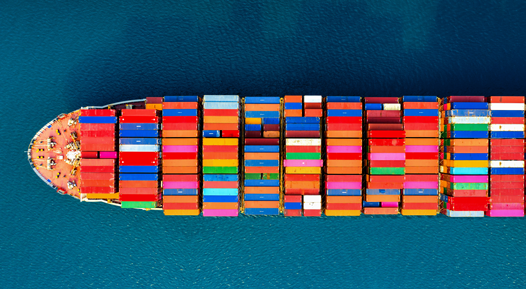
Image: Pixabay
Demand for ship loading and unloading equipment hasn't wavered during the COVID-19 pandemic, but the way suppliers and customers have conducted business looks different. Virtual meetings helped in some situations, but when it came time for installations and commissioning, the in-person meeting was still a necessity. Suppliers of ship loading and unloading equipment surveyed by World Grain said it would be beneficial if they had teams located around the world.
“Food is a primary need, so the sector is not affected and business trends are not slowing down,” said a supplier. “Being able to continue delivering our products in this environment, with as little disruption as possible, is the main challenge. Remote conferencing can only partially solve the problem. This situation will certainly reduce the number of potential participants and strengthen the main companies and groups.”
{module Form RD}
Companies will have to continue to rethink how projects are executed and fulfilled when they involve specialized engineering and support from international suppliers. COVID-19 has caused issues with shipping delays and availability of manufacturing components, a supplier said.
“When we get approval to enter a country, there is typically a 14-day quarantine period, resulting in many weeks of technicians being quarantined instead of on the project completing work,” said one supplier.
In addition to the impacts of COVID-19, environmental regulations and the sustainability of the grain handling system remain important issues for the sector. Demand for new, state-of-the-art equipment is constant, said one supplier, but they have also had projects that involve refurbishing existing equipment and facilities.
By: Leonardo Gottems | agrolink










